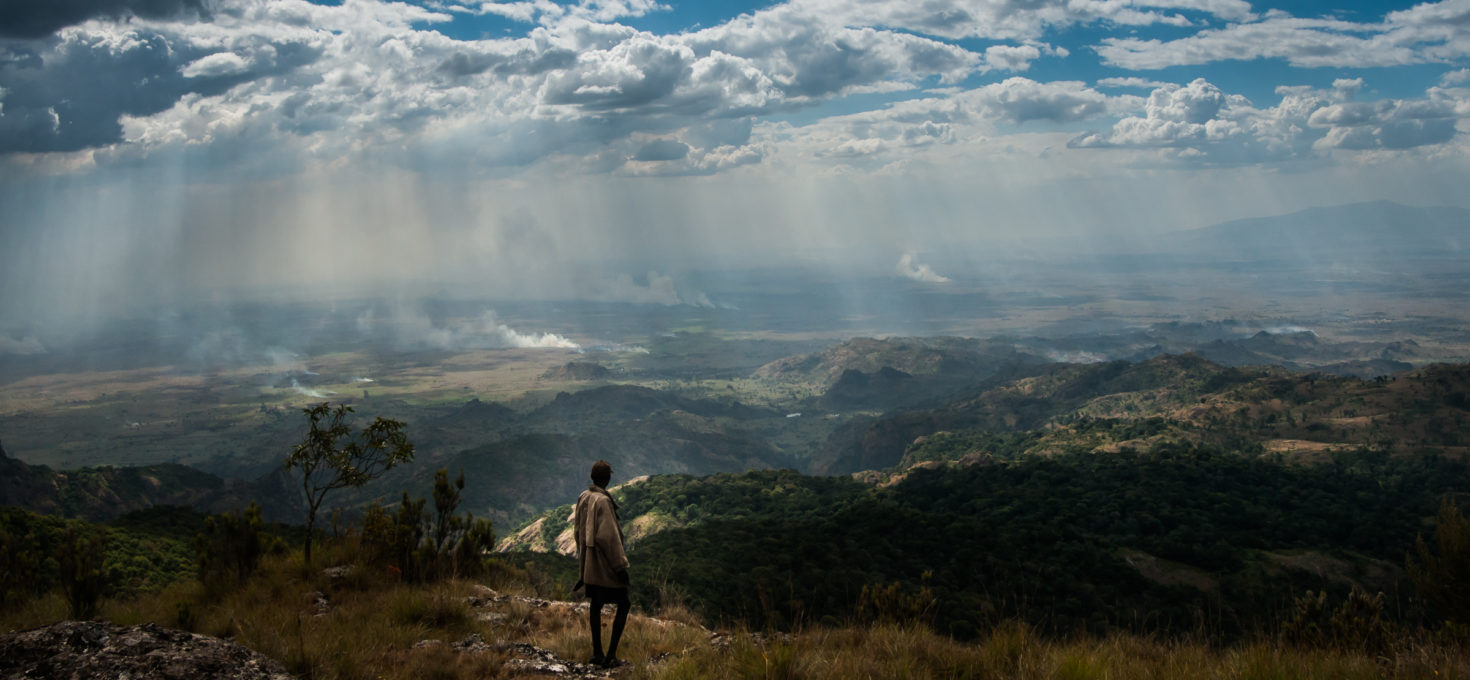I curse any thought I ever had that my day-to-day work at Akisyon a Yesu Presbyterian Clinic was mundane or boring. I would pay a considerable ransom to be a desk jockey again for just a few weeks.
While the investigation into recent thefts was moving furtively forward, I met with a committee composed of church members, clinic staff, and missionaries, to discuss our next move. I have never liked this committee or appreciated its usefulness. I’ve always viewed its existence as a box we were ticking to keep the government happy with us. But as we sat in a circle about to start the meeting, I realised that this group’s time had come. Its membership, in addition to the above description, is made up of people who have suffered mightily for lack of good healthcare during our closure, people who have felt their lives to be threatened by the ongoing thefts, people who feel the pressure of responsibility for the great resources required to operate the clinic well. It is made up of people whose lives have all been profoundly affected by the closure in varying ways, and who in the end have counterbalancing goals and insights into what needs to happen next.
Without belabouring the proceedings, we decided to reopen this past Monday, a month since we had closed. In recognition that things cannot and should not simply return to their previous equilibrium, we decided to double the registration fee for all adult visits for the next seven months in order to remind the community that their willingness to give quarter to criminals has a tangible cost, and to help AYPC recover some of the financial loss we have incurred directly from theft and indirectly in having to spend more on security. That even those committee members who will bear the burden of increases (clinic staff are not charged, and the price is negligible to missionaries) signed on to this idea is very heartening. They see the value of keeping the clinic open and are willing to make this concession as the necessary price. It’s a baby step—4 people in 4000 from our parish—but an important one all the same.
As the clinic returned to seeing patients this week, I waited anxiously every night for the word that our prime suspect had been arrested. The call finally came on Wednesday night. Police and army walked through the rain to nab him while he was sleeping. I got a brief phone call from a friend in the village. “They got him,” he said, then he hung up. The next day, I walked early to the clinic, and wanting confirmation, I asked the watchman, “Did police pass here last night?” He would not do more than raise his eyebrows in acknowledgement. “Did they go back with somebody?” Another eyebrow lift. No one wants to be seen as a collaborator in any way. But by midday, the word had spread like wildfire, and names that had only been whispered hours before were now the subject of open conversation. The sense of relief I got from many of our neighbours was palpable. In a way, the mission had relieved them of a great burden. We had brought a solution to a problem that everyone was too afraid to deal with.
On Friday, I went with pastor James down to the police station to discuss the way forward. The arrest had been a major statement to the community, but there are still roadblocks ahead. The detective who had investigated said that while many people were willing to speak to him privately, not one is willing to act as a witness in court. And of course, the suspect himself is not admitting his guilt, though in the course of the day, he went from not knowing anything, to saying that he was the motorcycle driver for the real thief. The police explained that we are now in a difficult situation. They cannot hold a suspect forever, and if we go to trial without any witnesses, the man will go free. So, we are thrown back on help from the community. There will hopefully be a meeting called on Monday where the appeal will be made to those who have spoken privately to do so openly. It will be yet another chance for our neighbours to take a stand, to say that they want to work together with the mission as friends, to say that our interests and theirs are the same—not only good healthcare, but a community where truth is highly valued and where evil is not allowed to flourish.
Akisileer in Ngakarimojong means “to cause to be brought to light.” It’s a word I’ve heard quite a few times in these last weeks. In many ways, the truth is still shrouded in darkness. We continue to pray that what has been done will be exposed, dragged out and seen for what it is, and that our community would not be merely the beneficiary, but the catalyst.
